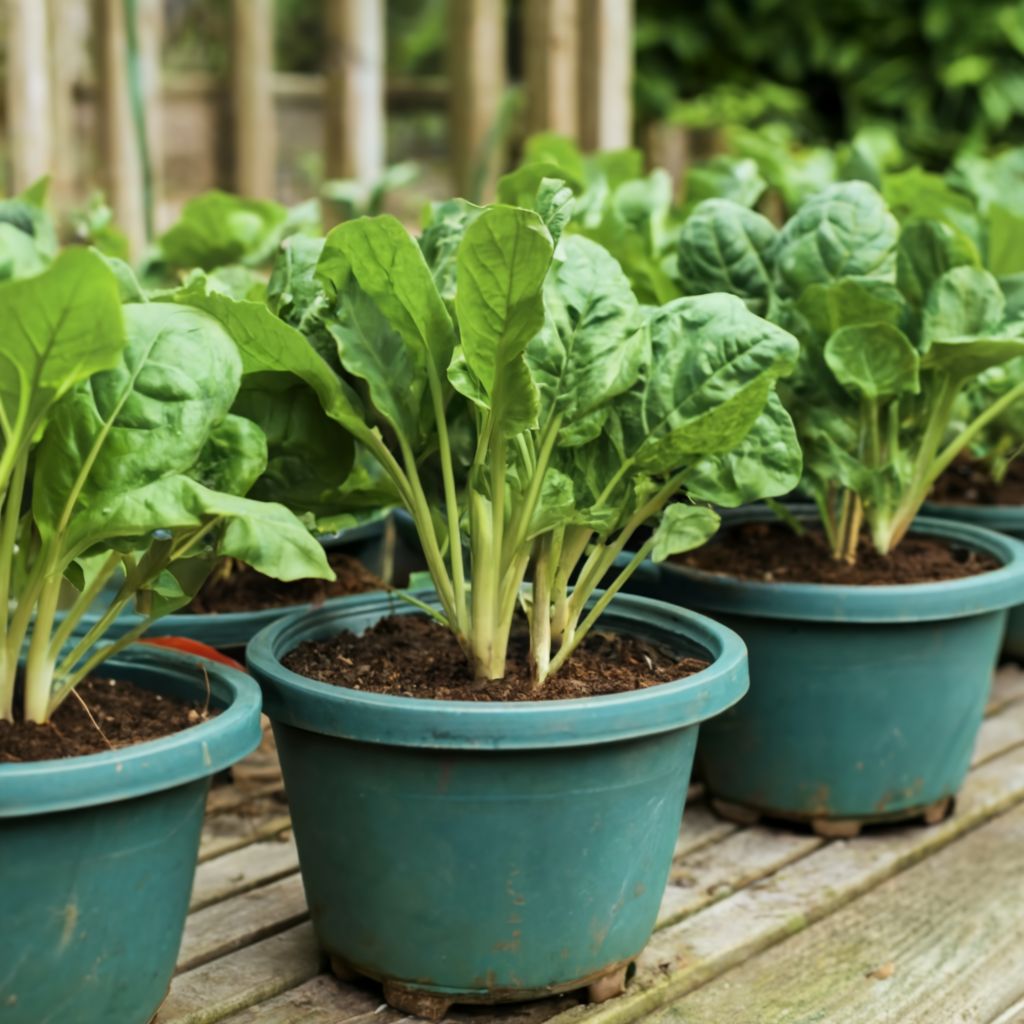
Organic container gardening is a rewarding and sustainable way to grow your vegetables, even if you have limited space. Whether you have a small balcony, patio, or rooftop, growing vegetables in pots allows you to create a thriving garden right at your fingertips. In this article, we will explore the 14 best vegetables that are well-suited for organic container gardening. From leafy greens to vibrant tomatoes and versatile herbs, these vegetables will not only provide you with a bountiful harvest but also enhance the beauty of your container garden.
Fundamentals of Organic Container Gardening
Before diving into the specific vegetable recommendations, let’s address the fundamentals of organic container gardening.
Choosing the Right Pot
- Size Matters: Select pots that cater to the mature size of your chosen vegetables. Leafy greens thrive in shallower containers (2-3 gallons), while fruiting vegetables like tomatoes and peppers require larger ones (5-10 gallons).
- Drainage is Key: Ensure your pots have drainage holes to prevent waterlogging, which can harm your plants. Consider placing them on saucers to collect excess water and prevent staining.
- Material Marvels: Opt for lightweight and breathable materials like terracotta, fabric pots, or recycled plastic containers.
Creating the Perfect Organic Mix
- The Foundation: Use high-quality organic potting mix as the base. This ensures proper drainage, aeration, and provides essential nutrients for your plants.
- Compost Power: Enhance your mix by adding generous amounts of compost, providing a slow release of nutrients and boosting soil health.
- Organic Extras: Consider adding organic amendments like worm castings or composted manure for an extra nutritional boost.
Sunlight Savvy
- Understanding Light Needs: Research the specific sunlight requirements of each vegetable you choose. Most vegetables thrive in at least 6-8 hours of direct sunlight daily.
- Strategic Placement: Position your pots strategically to maximize sunlight exposure throughout the day. Rotate them regularly to ensure even growth.
14 Vegetable Gems for Your Organic Container Garden
Leafy Greens Galore
- Lettuce: A versatile choice, offering various types like romaine, butterhead, and loose-leaf varieties. Enjoy fresh salads throughout the season!
- Spinach: Packed with nutrients, spinach thrives in cooler weather and can be continuously harvested.
- Arugula: This peppery green adds a delightful kick to salads and sandwiches.
- Kale: A superfood with a robust flavor, kale is perfect for stir-fries and sautéing.
- Swiss Chard: Boasting vibrant colors like red and white, Swiss chard is delicious cooked or enjoyed raw.
Fruiting Delights
- Cherry Tomatoes: Compact and prolific, cherry tomatoes are perfect for snacking and salads. Choose determinate varieties for container success.
- Peppers: Available in various colors and spice levels, peppers prefer warm temperatures and consistent watering. Opt for dwarf or compact varieties for containers.
- Eggplant: This versatile vegetable can be roasted, grilled, or added to stews. Choose smaller, bush varieties suitable for pots.
- Cucumbers: Train vining varieties on a trellis for vertical growth, maximizing space and encouraging air circulation.
- Bush Beans: Enjoy a steady harvest of crisp green beans throughout the season. Choose bush varieties over vining ones for container suitability.
Beyond the Usual Suspects
- Radishes: Enjoy a quick harvest of these spicy roots within a few weeks, making them ideal for beginner gardeners.
- Zucchini: While requiring larger pots (at least 10 gallons), bush varieties offer a compact solution for enjoying this summer squash.
- Beets: These colorful vegetables grow well in cooler weather and can be enjoyed roasted or pickled.
- Herbs like Oregano and Thyme: These aromatic herbs add depth and flavor to various dishes and are low-maintenance additions
Frequently Asked Questions
Can I use compost for organic container gardening?
Yes, compost is an excellent addition to container gardening. It enriches the soil with organic matter, improves its structure, and enhances nutrient availability for the plants. You can either make your own compost using kitchen scraps, yard waste, and other organic materials, or you can purchase compost from a local garden center.
Can I reuse the soil in my containers for the next season?
Yes, you can reuse the soil in your containers for the next season, but it’s important to refresh and replenish it. Remove any remaining plant debris and mix in new compost or organic matter to rejuvenate the soil’s nutrients. You may also need to adjust the pH level if necessary. Reusing soil can be a cost-effective and sustainable option, but be mindful of any pest or disease issues that may have been present in the previous season.
